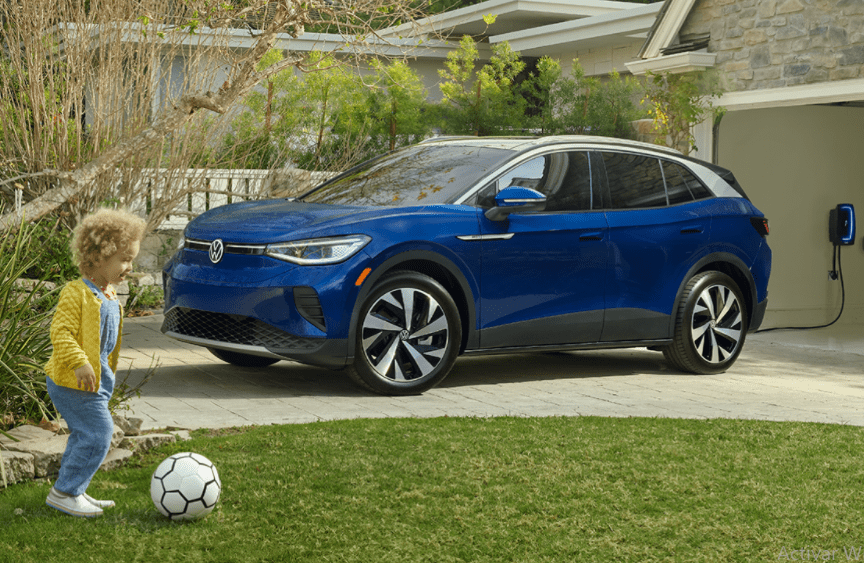The European Commission has proposed that it will register only new zero-emission vehicles starting in 2035.
From its perspective, it is necessary to combine measures to address the increase in emissions in road transport in order to complement emissions trading.
Stronger CO2 emission standards for passenger cars and vans will accelerate the transition to zero-emission mobility by requiring emissions from new vehicles to decrease by 55% from 2030 and 100% from 2035 compared to 2021 levels.
As a consequence, all new vehicles registered after 2035 would be zero emissions.
To ensure that drivers can refuel or recharge their vehicles on a reliable network across Europe, the revised Alternative Fuels Infrastructure Regulation will require Member States to expand charging capacity in line with the sale of vehicles from scratch. emissions and install charging and refueling points at regular intervals on the main highways: every 60 kilometers for electric recharging and every 150 km for hydrogen refueling
New vehicles
In this regard, the Commissioner for Transport, Adina Vălean, said: “Through our three specific initiatives in the field of transport (ReFuel Aviation, FuelEU Maritime and the Regulation on alternative fuels infrastructure), we will support the transition of this sector towards a system ready for the future”.
In general, the European Commission considers establishing a market for sustainable alternative fuels and low-carbon technologies, with adequate infrastructure to guarantee a wide deployment of zero-emission vehicles and ships.
The European Commission released on Wednesday a set of proposals to adapt EU policies on climate, energy, land use, transport and taxation in order to reduce net greenhouse gas emissions by at least 55% from here to 2030, compared to 1990 levels.
“This package will take us beyond greening mobility and logistics. It is an opportunity to make the EU a leading market for cutting-edge technologies,” added Vălean in a press release.
![]()

